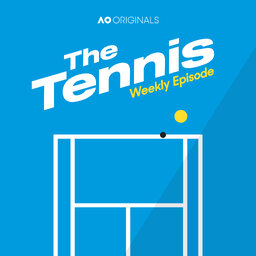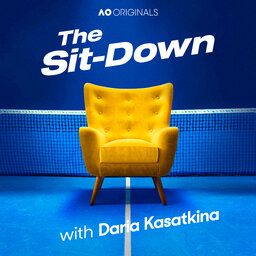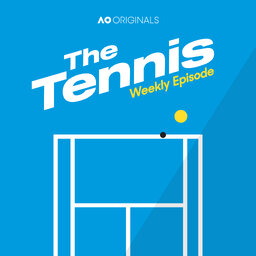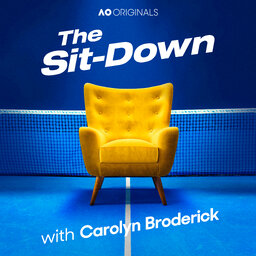The Sit-Down with Michael Chang (Part 2)
In Part 2 of their sit-down with Michael Chang, Viv and Matt chat to the former world No.2 about his success in Asia where he won 12 of his 34 career titles, including the first edition of the Beijing tournament in 1993. Chang recalls the enormous support he received in the region and reflects on how the sport has evolved there in the 30 years since, including the construction of purpose-built venues. After his playing days, Chang eventually moved into coaching and discusses how he jumped at the opportunity to work with Japanese star Kei Nishikori, a player he helped guide into the top five and the 2014 US Open final.
AusOpen.com
iHeart
Apple Podcasts
Spotify
Host handles:
@Viv_Christie
@MattyAT
@brieparker
 The Tennis
The Tennis


